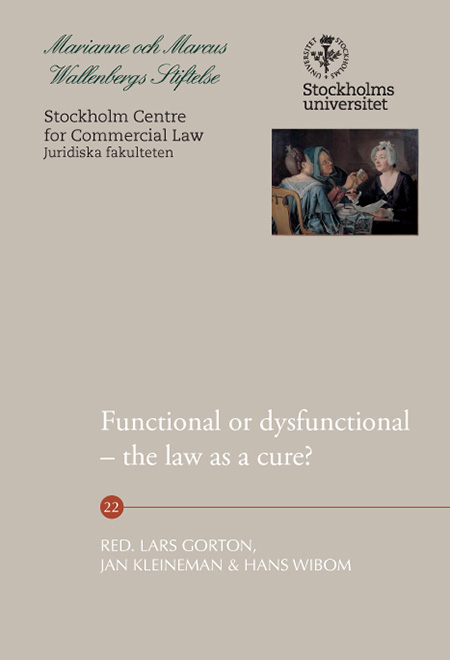Comment on the session on the risks and liabilities of financial markets
Abstract
In their excellent lectures, professors Macey, Alexander and Arner have provided us with a view of the risk and liabilities of financial markets as seen from the US, EU and Asia, respectively.
Prof Macey summons up the US experience of the Financial Crisis by emphasising the strong dynamics of political economics in the regulatory response, e.g. how regulators are governed by incentives as much as the private sector is and how this can result in various erroneous outcomes such as delaying recognition of bank failures, especially in districts of powerful Congressmen. This is an apt observation, because one of the more dangerous consequences of the crisis has been the widespread perception that the economic theories that underpin the market economy were somehow debunked by the very fact that a crisis could occur and occur on such a large scale and that state intervention and regulation are left as the sole reliable building blocks for the future. Manmade disasters have a way of making us loose faith in the rationality of our fellow man, but experience teaches us that we do so at our peril. At this time next year, Europe will mark the centennial of the outbreak of WWI. That even greater calamity was also seen at the time of its conclusion as a repudiation of patriotism to the extent that when it was needed again to overcome the menace of advancing National-Socialism, a left-wing internationalist as Georg Orwell could only lament in his The Lion and the Unicorn its demise among his comrades and call for its urgent restoration. We too risk jeopardising our future if we dismiss the notion of a competitive market economic supported by an efficient and innovative financial sector in favour of a tightly regulated economy governed by regulators.


